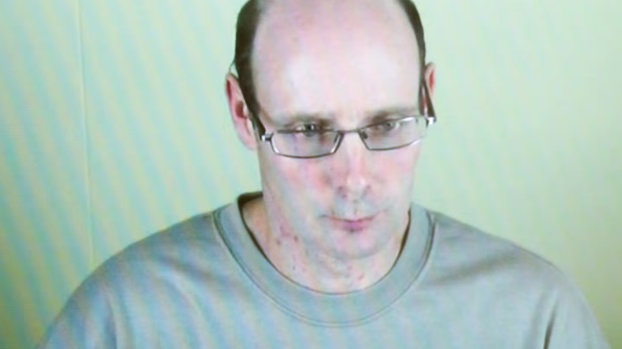
The investigation was revealed today when Smith appeared before the Parole Board for his 14th crack at release.
But while the details of the matter are unknown at this stage, police have told NZME it relates to complaints from members of the public.
“In general police are unable to respond to queries which seek to establish whether a named individual is under police investigation,” a spokesperson said.

The high-profile offender was jailed for life in 1995 for murdering the father of a young boy Smith was convicted of sexually abusing.
He made international headlines in 2014 when he fled to South America while on temporary release from jail.
However, his escape was fleeting as a tourist recognised Smith in a hostel in Rio de Janeiro, having seen him on the news, and alerted police.
At the outset of today’s hearing, lawyer Craig Tuck, who represented Smith, sought an adjournment for reasons including the police investigation.
But panel convenor Neville Trendle said the board did not know the nature of the investigation and would put it to the side.
The hearing went on to disclose that Smith was caught last month with two cellphones in his cell, which is an offence under the Corrections Act.
The discovery of the contraband has led to Smith’s security classification being raised from low-medium to high.
Smith told the board a hearing adjudicator had referred the misconduct to the police for consideration as to whether they prefer to prosecute, or allow it to be dealt with through an internal disciplinary process.
A second recent misconduct, when Smith had a cigarette lighter hidden in a pack of porridge, resulted in him losing prison privileges, the board was told.
The parole hearing was the first since Smith was sentenced to 24 months’ imprisonment, to be served concurrently, last year for fraudulent offending.

He also has previous fraud convictions involving IRD from 2006 and 2010.
Trendle pressed Smith on why he committed the recent offending.
Smith said that at the time he had “pessimistic thoughts” about parole.
“It seemed like a hopeless situation and I felt that I would never be getting out of prison.”
When Smith said he “wasted” most of the money, Trendle asked what on specifically, pointing out it was a lot of money to spend at the prison canteen.
“You can assume I didn’t spend it all on canteen. I gave it to various people and it was essentially used because it was unlawful money and I just got rid of it,” Smith said.
Trendle said it did not give the board confidence to release Smith back to the community when he has continued to offend while behind bars.
“What matters,” Smith said, was that he had not committed any violence or sexual offences in the past 28 years.
“Those are the offences that brought you to jail but the board’s concerned with your risk of reoffending, not just violent and sexual offending,” Trendle responded.
Tuck submitted on Smith’s behalf that he had served 28 years in prison and the board must consider the lengthy period of incarceration and the need to reintegrate him.
But Trendle said it was the board’s job to consider risk for the balance of his sentence.
“Which has nothing to do with the time he spent, it’s looking ahead.”
Smith was still working with a psychologist and had treatment coming up that would focus on “everyday life”, the issue of deception and safety planning.
He had also been working on personality-related issues and how those impacted his decision-making, and identifying risky thoughts and behaviours.
Matters discussed around his release plan included Smith wanting to reside in the North Island, despite previously agreeing to adhere to his victims’ request that he live in the South Island.
Ultimately, Smith was declined parole with Trendle saying there was still a lot of ground for him to make up to establish trust and confidence that he would stick to the rules in the community.
Smith would appear before the board again in 12 months.
Repeated court action
In recent years, Smith has taken several civil cases against the Department of Corrections and other government bodies.
These included challenges of Corrections’ refusal to let him sport a hairpiece in prison, to wear a necklace, to have a specific stereo, or to allow men detained at a special prison unit for child sex offenders to have sex with one another.
In May this year, he lost the legal battle over whether preventing the inmates from having sex is a breach of human rights.
In another recent case, Smith unsuccessfully filed a court action against the Parole Board.
A High Court decision released earlier this year stated Smith alleged the board “misinterpreted” provisions of the Parole Act 2002 when considering his eligibility for release on parole.











